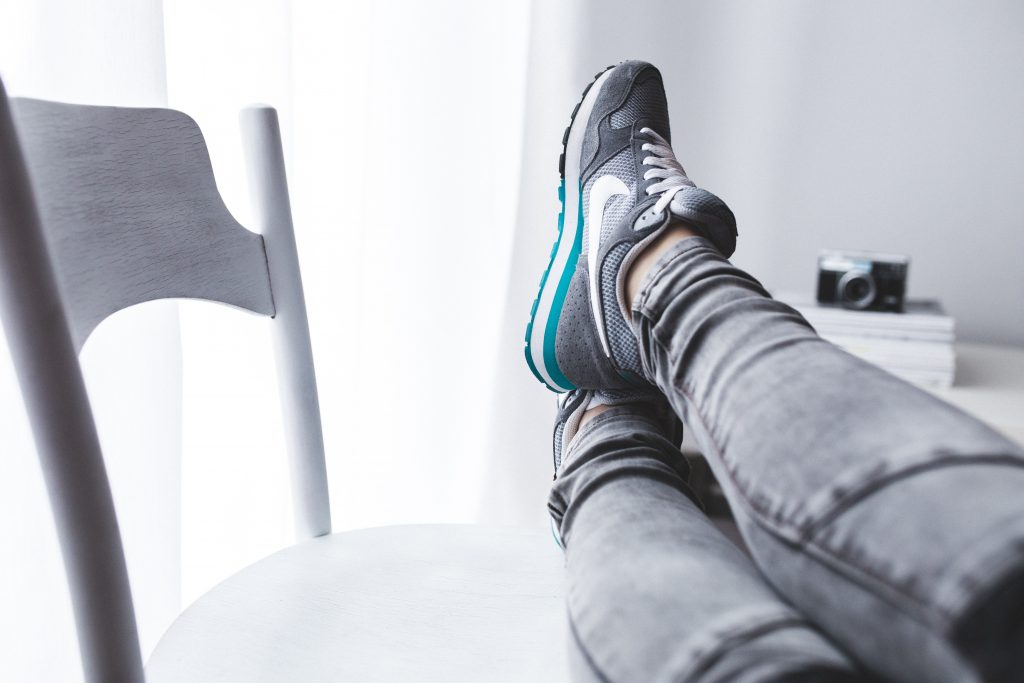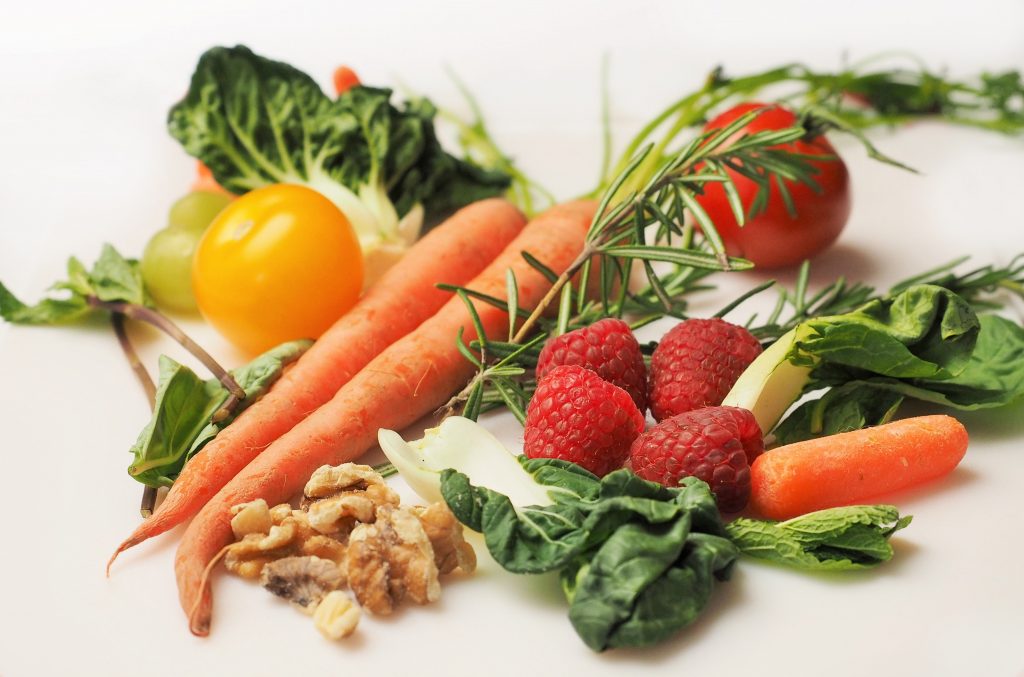How To Best Prepare for Plastic Surgery

Going under the knife for first-timers can appear as the only price to pay for an attempt to look more attractive. Patients must prepare their minds for a period of downtime immediately after cosmetic surgeries. Preparing for a cosmetic surgery procedure is as important as recovery because you don’t want people to see rough or not properly healed body features and scars. The process of healing after any cosmetic surgery procedure can be as smooth as possible. However, you’ll need to relax in a comfortable environment that supports your recovery process. Plastic surgeons recommend pleasant environments and sufficient relaxation after post-op days.
Apart from preparing your mind for a stress-free recovery process, there are habits to avoid. Here are ways of preparing for cosmetic surgery procedures, and recovery.
Preparation tips
We are humans, and there’s every tendency of forgetting preparation tips needed for successful surgical operations. The best way to abide by the guidelines is to download a checklist of do’s and don’ts and paste a hard copy on your wall for whatever operation you will be under going, whether it’s breast reduction or facial reconstruction.
Four weeks before your plastic surgery
There’s little to worry about when you prepare the right way and attend pre-surgery appointments. Usually, the body cells and tissues respond to what we consume. So, care must be taken from four weeks before your operation. Quit smoking, alcohol and avoid foods that contain salicylates. Smokers might not get sufficient blood flow to torn tissues that require timely healing. Alcohol intake thins the blood, and dries your skin; it could trigger hard-to-stitch tissues to form visible scars after the surgery. Instead, drink sufficient water to balance your electrolytes, consume protein-based diets, fruits, and vegetables.

Two weeks before your plastic surgery
Make an appointment with your certified plastic surgeon for checkups. You’ll be advised to stop taking anticoagulants, anti-inflammatory drugs, aspirin, and Vitamin E pills. Your blood cells need to clot finely when you go under the knife, so you’ll need to abstain from some substances. More so, it’s possible the doctor will place you on routine pills like medications of Bromelain, Vitamins A, and C twice daily.
One week before your plastic surgery
Remember to avoid dehydration. Get sufficient rest and continue with your healthy diet plan. Ensure to reduce your sodium intake considerably, and abstain from eating after midnight before the day of your surgery. On the day of your surgery, the plastic surgery team takes basic vital signs and preps the patients for a long session in the theatre. The theatre preparation procedure is similar for a tummy tuck, facelift, breast augmentation, breast surgeries, and other cosmetic surgery procedures.
Post-operation
The plastic surgeon will make prescriptions, and post-surgery appointments to monitor the patient’s healing process. It’s advisable to mark your calendars to help you keep medical appointments. Don’t schedule other meetings on the days of post-op medical appointments because your body is yet to recover from stress after surgery.
Preparing yourself emotionally can quicken your recovery process, and provide optimal post-op results. Usually, certified plastic surgeons provide affordable rapid recovery program for out-patient. Early post-surgery days are not the best times to begin body stretching, and lifting heavy weights. When you return home after the cosmetic surgery procedure, you can take short walks, but don’t engage in strenuous housework, or use the gym.
Wear compression garments to boost blood circulation, and ensure quick healing process. Ask your surgeon to guide you on when to use compression garments because there are many types like medium and high compression garments.
You’ll find diets that are rich in vitamins to support your recovery process. However, you can confirm from your surgeon to know how to appropriate the right dose. Fruits with vitamin C and A will increase the level of your skin’s collagen production, and protect against infections. The Arnica Montana species is a herbal plant that’s also an active ingredient of balms and ointments. The organic ingredient helps to reduce inflammations and aid healing.
